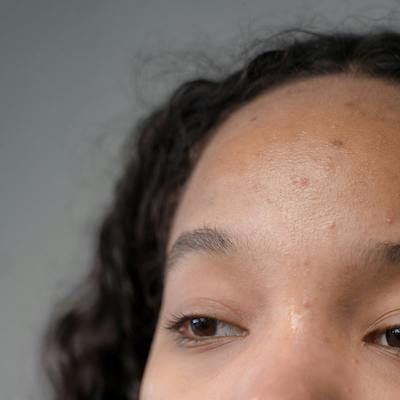Article
Ritlecitinib Generally Safe and Tolerated for Alopecia Areata
Author(s):
The ALLEGRO study detailed the efficacy and safety of ritlecitinib in adult and adolescent patients with the alopecia areata.
Brett King, MD, PhD

New data from the ALLEGRO study found that ritlecitinib was well tolerated over 48 weeks in patients with alopecia areata.
The findings were presented at the American Academy of Dermatology (AAD) 2022 Annual Meeting in Boston.
Investigators led by Brett King, MD, PhD, Yale School of Medicine, New Haven, noted that there is currently no approved therapy for alopecia areata. However, recent data from BRAVE-AA1 and BRAVE-AA2 trials found that baricitinib therapy led to significant hair regrowth in alopecia areata patients.
For the ALLEGRO study, King and colleagues investigated efficacy and safety of in adult and adolescent patients with the autoimmune disease over 48 weeks.
The team evaluated patients 12 years and older for the study, all of whom had ≥50% scalp hair loss.
Patients received either daily ritlecitinib or placebo with or without a 4-week loading dose. Treatment schedules included 200/50mg, 200/30mg, 50mg, 30mg, 10mg, or placebo.
By week 24, patients randomized to placebo were switched to either ritlecitinib 200/50mg or 50 mg. Treatment-emergent adverse events (TREAEs), serious AEs, and severe AEs were evaluated up to week 24 and week 48.
A total of 715 patients in the ALLEGRO study received 1 or more doses of ritlecitinib.
Investigators observed similar rates of TEAE across all treatment groups (69.4–75.4%), a majority of which were moderate to mild. Among these TEAEs, coupled with a no evident dose-response, were nasopharyngitis (6.1–14.0%), headache (7.8–17.7%), and upper respiratory tract infection (3.2–12.2%).
A total of 10 patients experienced a serious AE , with 4 in the 200/50 mg group, 1 in 30 mg, 2 in 10 mg, and 3 in the placebo group. Furthermore, 21 patients experienced severe AE(4 in 200/50mg, 5 in 200/30mg, 2 in 50mg, 5 in 30mg, 2 in 10mg, and 3 in placebo).
Severe AEs included appendicitis, spontaneous abortion and suicidal behavior.
Despite this, dose-dependent trends were not observed in the general incidence of AEs.
Adverse events of special interest included herpes zoster (8 patients), serious infection (4), pulmonary embolism (1), and malignancy (2). No major adverse cardiovascular events, death, or opportunistic infections were observed.
Overall, the safety profile of ritlecitinib during the 47-week study was consistent with the placebo-controlled period, with King and colleagues noting that treatment with either 50 mg or 30 mg “was generally safe and well tolerated in the alopecia areata population”.





